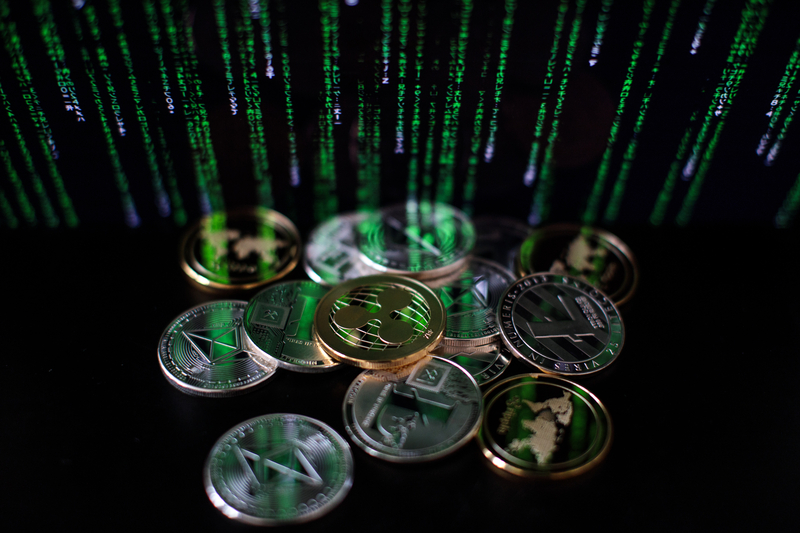The SEC has charged a Pennsylvania resident, Frank T Poerio, Jr, with insider trading for misappropriating material, nonpublic information concerning Dick’s Sporting Goods Inc and trading on that information, realizing illegal profits of more than $800,000. The Department of Justice charged him with four counts of securities fraud as well.
According to the SEC’s complaint filed in federal court, between November 2019 and May 2021 Poerio knew a Dick’s employee who had access to multiple internal sources of material nonpublic information (MNPI) about the company’s financial results.
The SEC alleges that Poerio frequently asked the employee for updates on the company’s performance. At times, the employee either said this information could not be disclosed or responded with statements to the effect that the company was “doing very well,” but also asking Poerio to not trade in Dick’s securities based on their conversations.
The SEC alleges that Poerio understood that these statements were based on the employee’s access to MNPI and previews of the company’s upcoming quarterly revenue figures. And that Poerio frequently asked Individual A for updates on the company’s performance, despite knowing that insider trading was illegal.
Poerio’s trading of Dick’s Sporting Goods securities frequently intensified both before and after Dick’s quarterly release of earnings reports.
The SEC also said Poerio used this information to trade in Dick’s securities, in breach of his duty of trust and confidence to the employee as a longtime friend.
Finally, the employee had a duty to his employer in terms of the confidentiality of this information and was subject to Dick’s Sporting Goods’ Code of Ethics and Business Conduct and Insider Trading Policy. Both internal policy documents stated that employees were prohibited from trading, personally or for others, based on MNPI and from communicating MNPI about Dick’s Sporting Goods to anyone outside the company.
Timing trades to earning reports
Between November 22, 2019, and May 28, 2021, the SEC said that Poerio bought 59,545 shares of Dick’s Sporting Goods common stock and 1,362 call contracts (each for 100 shares of stock), as well as sold short 436 put contracts (each for 100 shares of stock), all of which were done with the expectation that the price of Dick’s Sporting Goods stock would increase.
Poerio’s trading of Dick’s Sporting Goods securities frequently intensified both before and after Dick’s quarterly release of earnings reports.
For example, in advance of Dick’s Sporting Goods’ August 26, 2020, earnings announcement for the second quarter of 2020, Poerio and Individual A spoke on the phone at least 30 times, a number which does not include texts or in-person meetings. Poerio misappropriated MNPI concerning Dick’s Sporting Goods’ quarterly revenue figures from Individual A during this period.
The SEC complaint notes that during the relevant period, Poerio did not tell the employee (his friend) that he had purchased securities of Dick’s Sporting Goods.
Penalties to be determined
The SEC charged Poerio with violating SEC Rule 10b-5, which makes it illegal for anybody to directly or indirectly use any measure to defraud, make false statements, omit relevant information, or otherwise conduct business operations that would deceive another person in the process of conducting transactions involving stock and other securities. As part of his civil settlement with the securities regulator, Poerio agreed to disgorge all ill-gotten gains and pay a civil money fine as determined by the court.
In the criminal case, Poerio faces a maximum sentence of 20 years for each charge he is facing.
Plenty of cases
Whether by coincidence or some other reason, an eye-catching number of insider trading cases have recently been made public.
Last June, the SEC announced insider trading charges against Jordan Meadow, a registered representative for a New York-based broker-dealer, and Steven Teixeira, the Chief Compliance Officer of an international payment processing company. The charges revolved around their trading based on the MNPI that Teixeira obtained from his girlfriend’s laptop while she was working at home during the Covid-19 pandemic.
More recently in April, the SEC charged an individual with insider trading in what became the first test of connecting insider trading liability to shadow trading – or trading in the securities of companies that are seen as economically linked to the company about which the insider has MNPI. That case resulted in a jury victory for the SEC, thereby extending the concept of insider trading to trading stock in companies about which a culpable trader had no specific information.

















